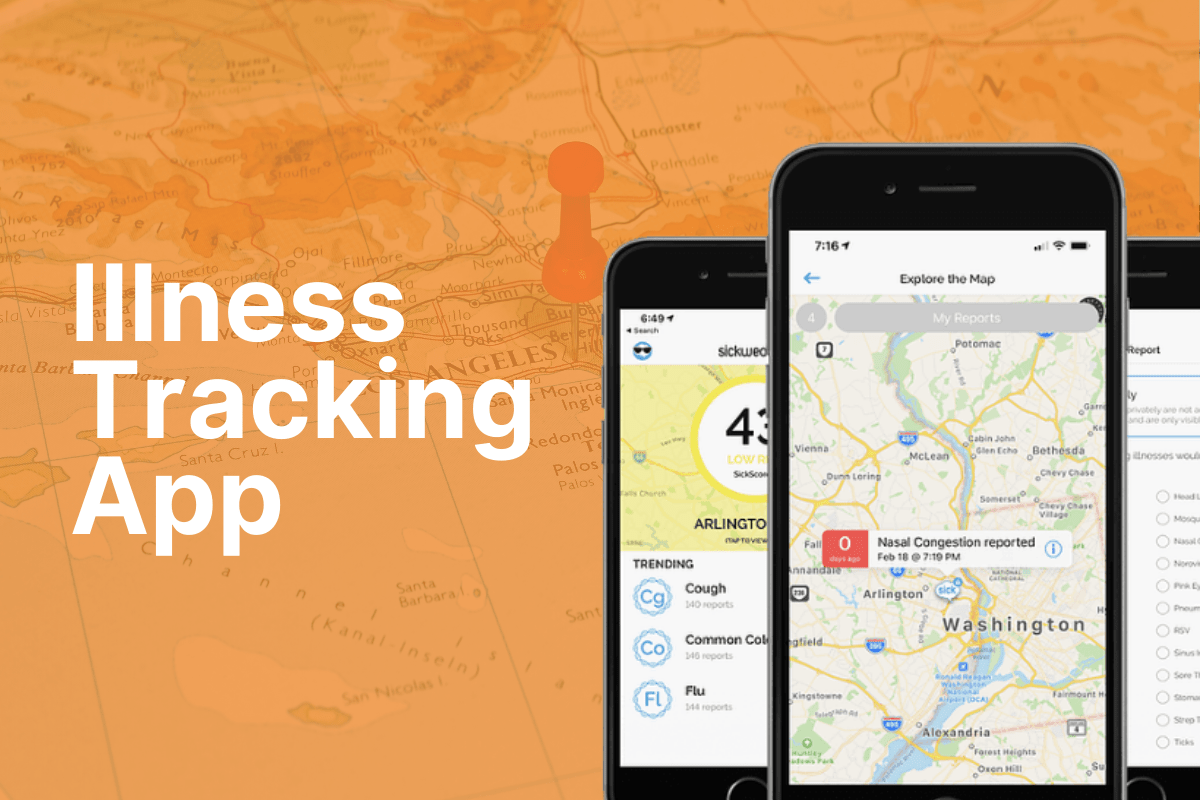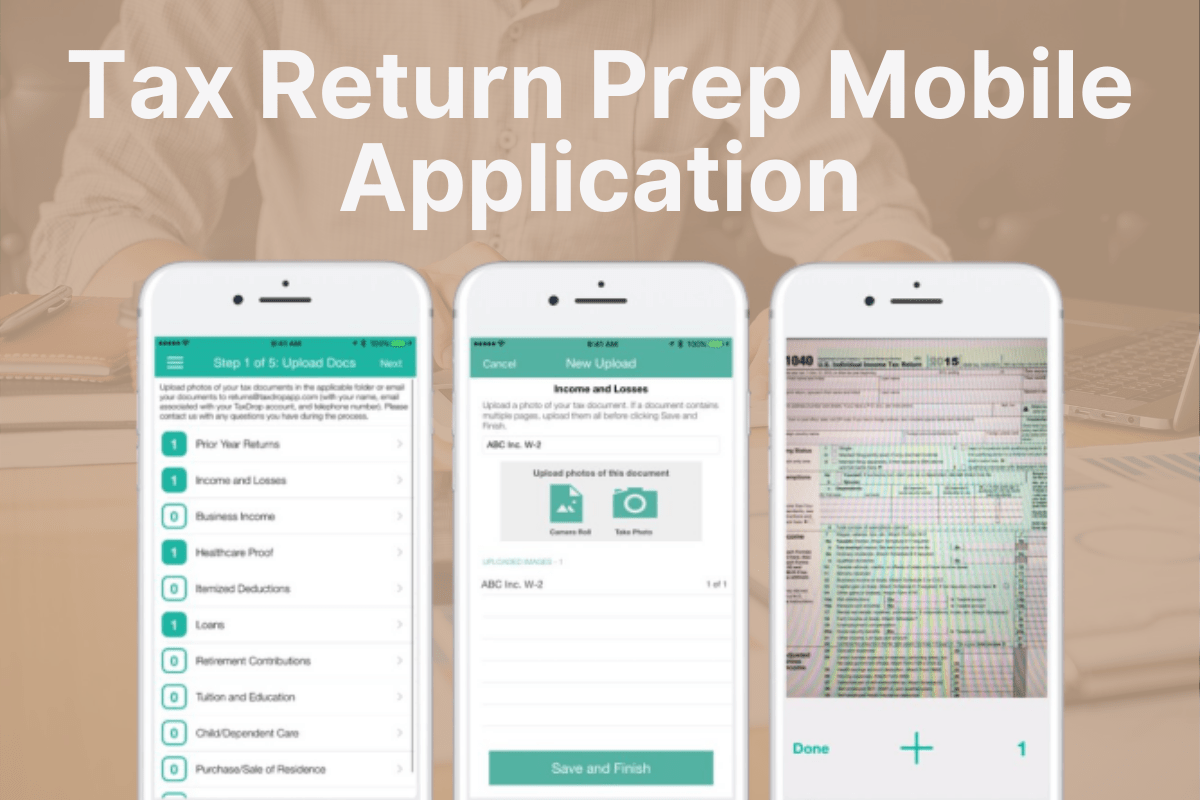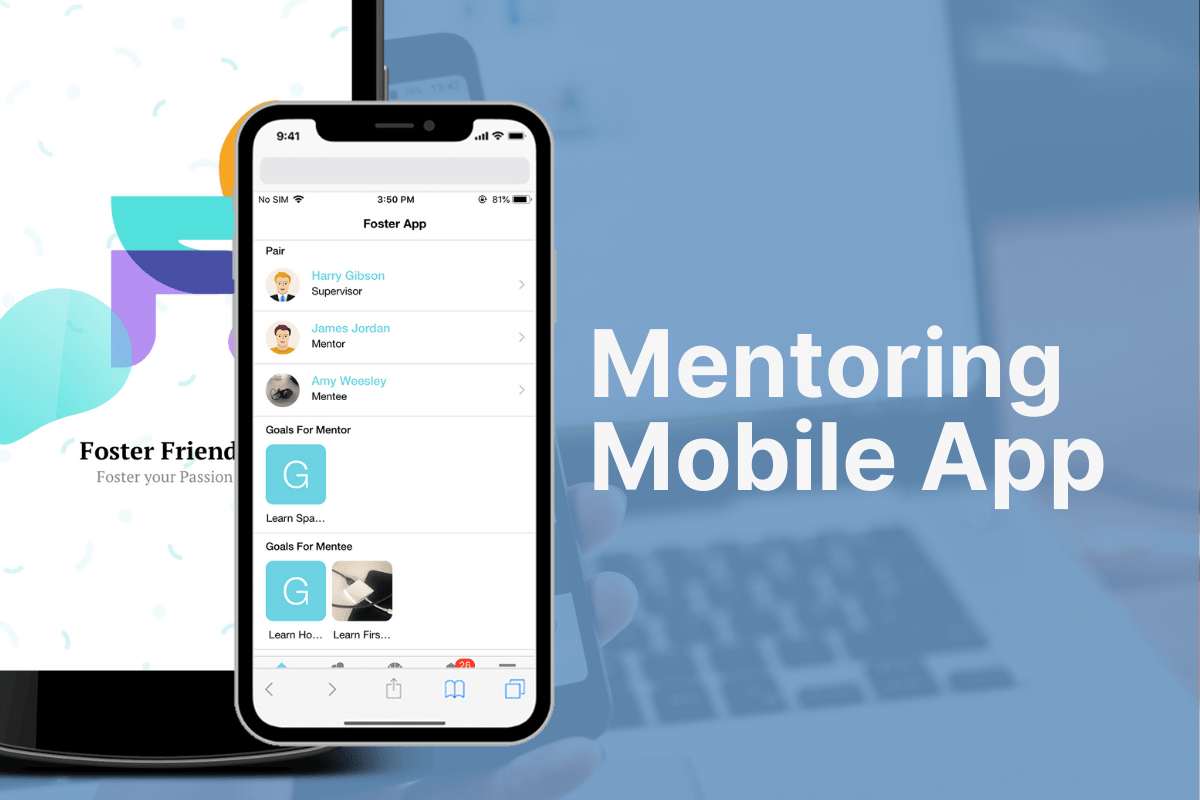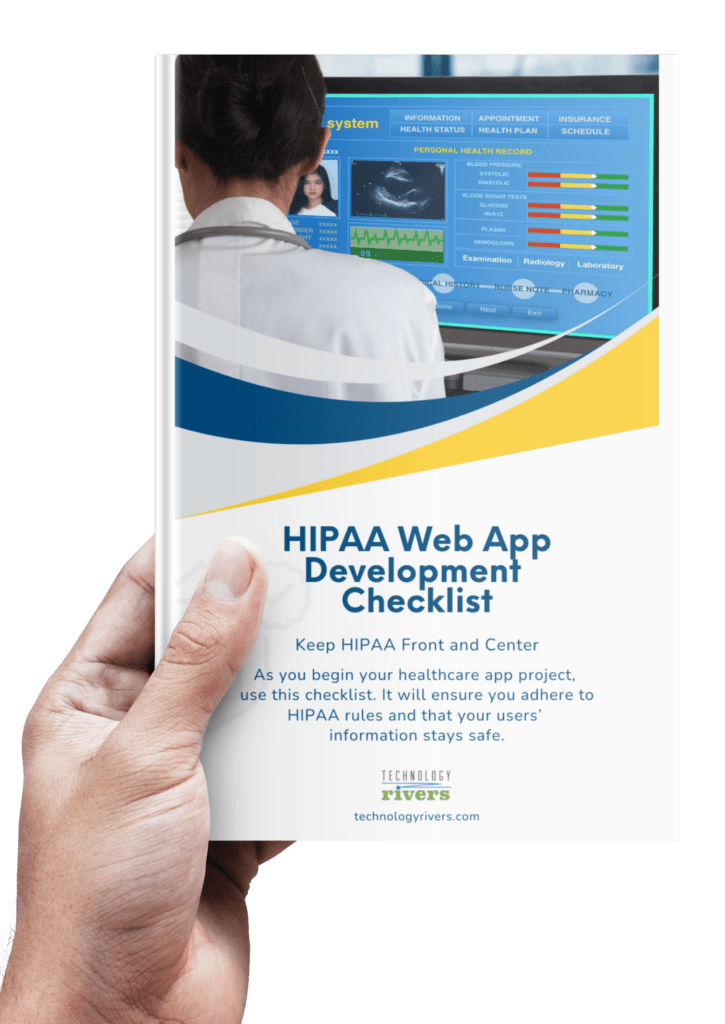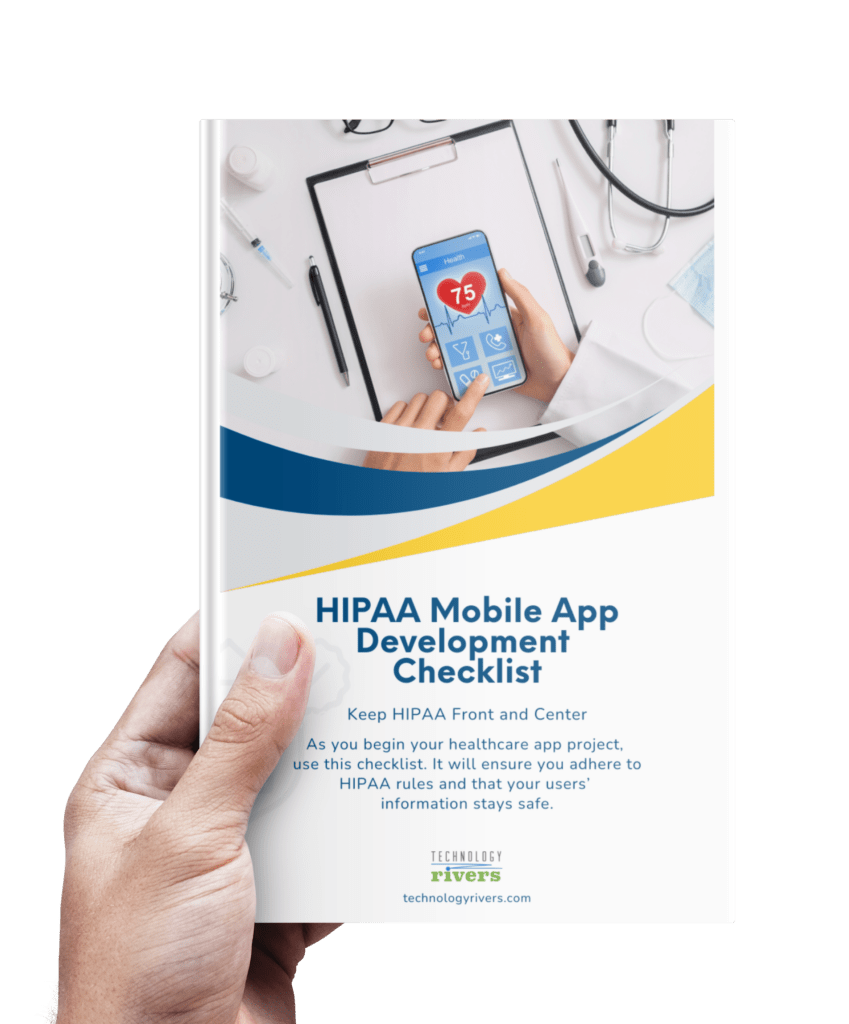Cross-Platform Hybrid Mobile App Development
Working with ambitious organizations to solve their biggest problems on all platforms and devices.
Meaning you get fast and smooth apps that outshine the competition across multiple platforms.
- Can reduce development cost by approximately 35-40% — making it wallet-friendly.
- Consistent look and feel across multiple platforms — giving users a native experience regardless of the device they use.
- Efficient, bug-free processing on all platforms and devices — so your app performs exceptionally well across multiple platforms.


Schedule your FREE strategy session today.
Fill out this form to get clarity on your project and start seeing progress.
Let us know what you need, and we’ll create a roadmap to help you move forward with confidence.
Cross-platform hybrid mobile apps offer seamless performance across multiple platforms, closely mimicking the functionality of native apps. Developing cross-platform mobile applications is vital for ensuring compatibility across different mobile operating systems, providing users with a smooth experience no matter their device.
Utilizing a cross-platform mobile app framework is a strategic decision that benefits startups, small businesses, early-stage companies, as well as larger enterprises and corporations. This method significantly expands their reach by making the app accessible to a broader audience at about half the cost of developing separate native apps for each platform. Such a strategy not only enhances market penetration but also boosts the app’s quality, speed, and security, culminating in an exceptional user experience.
At Technology Rivers, we understand the importance of cross-platform app development from both business and technical perspectives. We provide our clients with guidance and extensive support throughout the app development journey, offering expert advice on selecting the right platforms and development strategies tailored to their unique requirements.
Discover the distinctions between Hybrid Mobile App Development and Native App Development, and determine which approach is optimal for your project by checking out our webinar on this topic.
Need further clarification? Arrange a consultation with one of our experts, and let us navigate you through the process seamlessly.
Cross-Platform Trends
The cross-platform app development landscape is experiencing a major transformation, thanks to the growing popularity of multi-platform development frameworks. React Native (by Facebook) and Flutter (by Google) are leading this change, offering powerful solutions for developing hybrid apps across various platforms. These frameworks are highly valued by developers for their flexibility and adaptability, making them top choices for cross-platform app development.
However, they’re not without competition. Other frameworks like Ionic, Native Script, Apache Cordova/PhoneGap, Xamarin, Framework7 and a range of NoCode options are also meeting the demands of cross-platform app development. This evolving landscape offers developers numerous options for building apps that perform well on multiple platforms, ensuring a wider reach and engagement with their target audience.
Looking for a comprehensive comparison between React Native and Google Flutter for your mobile app development? Dive into our detailed guide to make an informed decision.
Need further clarification? Arrange a consultation with one of our experts, and let us navigate you through the process seamlessly.
Cross-Platform and Hybrid Approaches
There are many popular strategies for creating cross-platform hybrid mobile applications. The industry uses different terms to describe these, including “cross-platform apps,” “hybrid apps,” and “wrapper apps.” These approaches are vital for developers aiming to build apps that work seamlessly across various mobile platforms.
Cross-Platform Mobile App Development
Cross-platform mobile app development is revolutionizing how apps are built, enabling developers to write a single codebase that runs seamlessly across multiple mobile devices. This approach leverages a common programming language, such as JavaScript, Dart, Ruby, .NET, and C#, making it a popular choice among developers for its efficiency and wider reach.
One of the key advantages of cross-platform frameworks is their ability to provide access to device-native controls and OS functionality using these universal languages. This means developers can create apps that offer a native-like experience, without the need to write separate codes for each platform. Whether it’s for Apple’s iOS or Android, cross-platform development ensures your app can engage a broader audience.
Furthermore, these frameworks come equipped with libraries and a Software Development Kit (SDK) that act as a bridge to the native device OS features. While native Apple applications typically require Swift or Objective-C, and Android apps rely on Java or Kotlin, cross-platform technologies streamline this process. They automatically convert the universal code into platform-specific components, delivering the native device experience users expect.
In summary, cross-platform mobile app development stands out for its efficiency, ability to reach a wider audience, and provision of a native user experience across different devices. With its growing popularity, it’s an essential strategy for developers looking to optimize their app’s performance and accessibility.
Considering a mobile app project for your business? Let's schedule a discussion to brainstorm with our mobile app development specialists and assess the potential for a partnership.
Hybrid Mobile App Development
Creating hybrid mobile apps involves leveraging web technologies like HTML, CSS, and JavaScript to build applications that can run across multiple platforms.
There are several strategies or approaches to achieve this:
- Web View-Based Hybrid Apps: In this approach, the app’s user interface is essentially a web view component embedded within a native container. The web view loads HTML, CSS, and JavaScript files, allowing developers to create the app’s UI using web technologies. Frameworks like Cordova/PhoneGap, Ionic, and Framework7 utilize this approach. While it offers cross-platform compatibility, performance may be limited compared to native apps.
- JavaScript Native Bridge: Some hybrid frameworks, such as React Native and NativeScript, enable developers to write most of the app’s code in JavaScript while still accessing native APIs and components through a JavaScript bridge. This approach offers better performance and access to native features compared to web view-based approaches.
- Progressive Web Apps (PWAs): PWAs are web applications that use modern web capabilities to provide a user experience similar to that of native apps. They are accessed through a web browser but can be installed on a device’s home screen and function offline. PWAs use technologies like service workers for caching and push notifications to enhance the user experience.
- Cross-Compiled Native Apps: Frameworks like Flutter and Xamarin allow developers to write code in a single language (Dart for Flutter, C# for Xamarin) that is then compiled to native code for each platform. While these apps offer near-native performance and access to platform-specific features, the size of the compiled binaries may be larger compared to apps built with other approaches.
- Remote Rendering: With this approach, the UI of the app is rendered on a remote server and streamed to the client device. This allows for complex UIs to be delivered to devices with limited resources, such as low-end smartphones or smart TVs. However, it requires a reliable internet connection and may introduce latency issues.
- Hybrid-Native Apps: In some cases, developers may choose to combine elements of both hybrid and native development by incorporating native code modules or components into a primarily web-based app. This allows for optimal performance and access to native features while still leveraging web technologies for UI development.
Each approach has its advantages and drawbacks, and the choice depends on factors such as performance requirements, development resources, target audience, and project constraints.
What mobile app approach is suitable for your business? Let's schedule a discussion to brainstorm with our mobile app development specialists and assess the potential for a partnership.
Cross-Platform Frameworks
There are different ways to create cross-platform hybrid mobile applications. Here are a few cross-platform hybrid mobile app development frameworks that are popular among mobile app developers.
- React Native: Developed by Facebook, React Native is a widely used framework for building mobile apps using JavaScript and React. It allows developers to write code once and deploy it across multiple platforms, including iOS and Android, while delivering a native-like user experience.
- Flutter: Created by Google, Flutter is an open-source UI software development kit (SDK) for building natively compiled applications for mobile, web, and desktop from a single codebase. It uses the Dart programming language and provides a rich set of customizable widgets for creating beautiful and fast user interfaces.
- Ionic: Ionic is a popular framework for building cross-platform mobile apps using web technologies like HTML, CSS, and JavaScript/TypeScript. It leverages Angular for its core functionalities and provides a library of UI components optimized for mobile.
- Xamarin: Developed by Microsoft, Xamarin allows developers to build cross-platform mobile apps using C# and the .NET framework. It provides full access to native APIs and UI controls, enabling developers to create high-performance apps for iOS, Android, and Windows.
- PhoneGap/Cordova: Apache Cordova (formerly known as PhoneGap) is an open-source framework that allows developers to build mobile apps using web technologies. It wraps HTML, CSS, and JavaScript code into a native container, providing access to device features through plugins.
- NativeScript: NativeScript enables developers to build cross-platform native mobile apps using JavaScript, TypeScript, or Angular. It provides direct access to native APIs and UI components, allowing developers to create truly native user experiences.
- Framework7: Framework7 is a full-featured HTML framework for building iOS and Android apps. It comes with a rich set of UI components and tools for building responsive and interactive mobile apps using HTML, CSS, and JavaScript.
- Appcelerator: Appcelerator Titanium is a cross-platform development framework that allows developers to create native mobile apps using JavaScript, HTML, and CSS. It provides a single JavaScript codebase that can be deployed to multiple platforms, including iOS, Android, and Windows.
These development frameworks provide a range of performance, flexibility, and ease of use, making the selection process crucial based on project needs, developer expertise, and platform features desired. Choosing the right framework is key for successful project development, ensuring optimal performance and user experience.
At Technology Rivers, we guide our customers in selecting the right platform, and approach, based on their specific project needs.
What Mobile App Development framework is good for your app project? Let's schedule a discussion to brainstorm with our mobile app development specialists and assess the potential for a partnership.
Benefits of Cross-Platform Hybrid Mobile App Development
The primary advantage of cross-platform hybrid apps lies in their development process rather than the final product available for download from the App and Play Stores.
Cross-platform and hybrid mobile app development offers numerous benefits compared to native mobile app development, including:
- A unified codebase, which simplifies maintenance over time
- Reduced development time, allowing for the creation of multiple apps simultaneously
- A consistent user interface across both platforms
- Lower costs due to decreased development and maintenance requirements, as it eliminates the need for multiple platform-specific developments
Deciding Between Cross-Platform Hybrid Mobile App Development and Native
The decision to develop a cross-platform app or a native app hinges on the specific user requirements and the overarching product strategy of your application.
Native apps excel in scenarios such as:
- Utilizing hardware features extensively
- Delivering applications that demand smooth animated effects
- Crafting games or similar interactive applications
- Meeting high-performance criteria, including low-level operations exemplified by our Felt App project
- Implementing custom features that may not be available out-of-the-box
- Projects where the development team has exclusive expertise in native technologies
Conversely, cross-platform hybrid apps are more suited for:
- Common business flow applications
- Projects with common functionalities that do not require bespoke solutions
- Low-budget projects (build for multiple platforms for the development cost of one)
Choosing the right development approach is critical to aligning with your application’s goals and ensuring its success in the competitive digital landscape.
Check out our panel discussion on Native versus Hybrid mobile app development, where four panelists (mobile app development experts) shared their experiences in developing mobile apps.
Our Expertise in Cross-Platform Mobile App Development
Technology Rivers excels in crafting cross-platform hybrid mobile applications with a solid architectural backbone. We pride ourselves on our adherence to Apple’s and Google’s design guidelines and standards, ensuring a superb user experience and seamless app approvals.
We collaborate closely with our clients, offering guidance on app strategies and the submission process, and manage all submissions to the Apple App Store and Google Play Store. Our approach not only enhances app performance but also optimizes visibility in key digital marketplaces.
We design and develop a cross-platform hybrid mobile application using:
- React Native
- Google Flutter
- Native Script
- Apache Cordova / PhoneGap
- Ionic framework
Cross-platform hybrid platforms offer comprehensive functionality to leverage various device features right out of the box. Nonetheless, there are instances where hybrid controls might fall short in availability or performance for specific requirements. Under such circumstances, developing custom plugins for each platform becomes necessary.
The Technology Rivers team boasts the proficiency required to create custom plugins tailored for both Google Android and Apple iOS platforms.
React Native stands as our platform of choice, offering an optimal solution for a vast range of business applications.
Our portfolio includes Cross-Platform Hybrid applications for both smartphones and tablets. Some of the examples of our Cross-Platform Hybrid Mobile App work include:
- Social Networking and Messaging apps (React Native)
- On-Demand Doctors and Nurses (HIPAA Compliant React Native Mobile App)
- Social Activity Partner Finder (Google Flutter)
- Fleet Management and Scheduling app (Apache Cordova and Ionic framework)
- On-Demand Delivery Service Mobile App (React Native)
- Bi-lingual Book Search application (React Native)
- Multi-Lingual Healthcare Nursing Guide
- Ride-Sharing mobile app (React Native)
- Multiple Healthcare / HIPAA mobile apps (React Native)
- Social Networking and Productivity Application (Progressive Web App)
- Financial Services Mobile App (React Native Mobile App)
- Whitelabel Apps with Dynamic Color Themes (React Native)
As part of many different cross-platform hybrid mobile applications created by our team, some of the features we provided in different applications include:
- Offline Data Sync
- Push Notifications
- Local Caching and Storages
- Touch ID and Face ID
- Cloud connectivity
- Payment Processing, including In-App payments
- Data Encryption
- Location apps
- Mobile AI/ML
- Accessibility Features
- Multi-language Support
Cross-Platform Hybrid Mobile App Development Process
Our Hybrid Cross-Platform Mobile App Development Process encompasses:
- Creation of Flows, Mockups, and Sketches
- Visual Design
- Development of the Mobile Application
- Simulation Testing (across Android and iPhone platforms)
- Real Device Testing
- Publishing on Apple iTunes App Store and Google Play Store
Work With Us
Looking for an app development firm that meets your needs? Contact us today and our skilled team will get started with your application software.
Related Services
Related Articles
Here are few articles related to Cross-Platform Mobile App Development that you may find helpful:
Cross-Platform Hybrid Mobile Apps Work
Contact Us
Interested in working with Technology Rivers? Tell us about your project today to get started! If you prefer, you can email us at [email protected] or call 703.444.0505.



